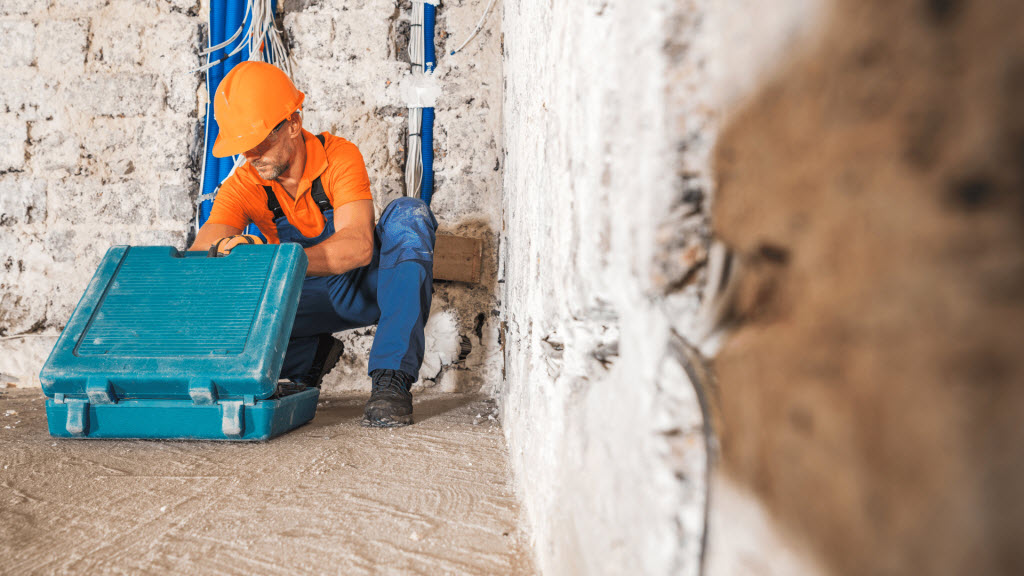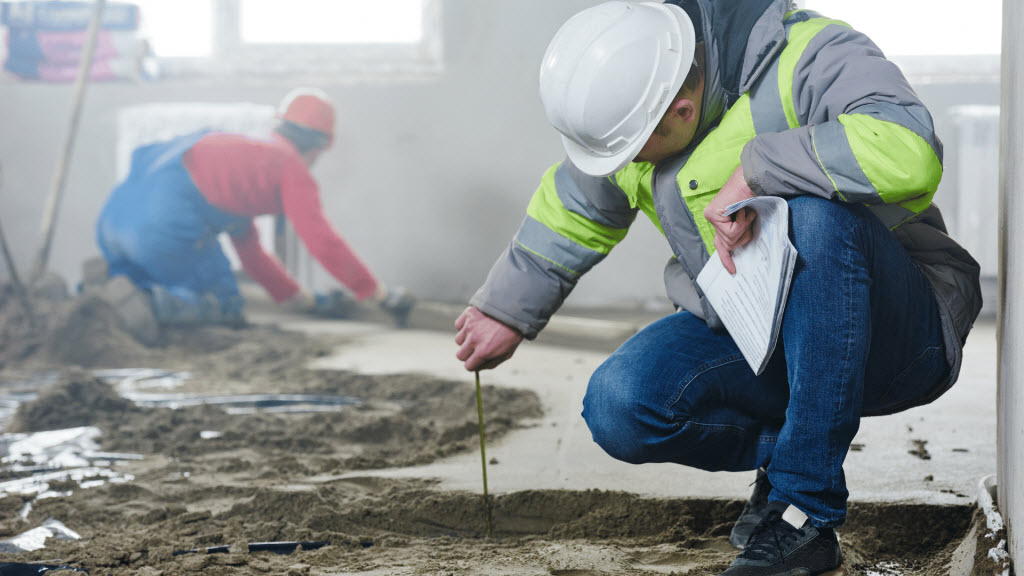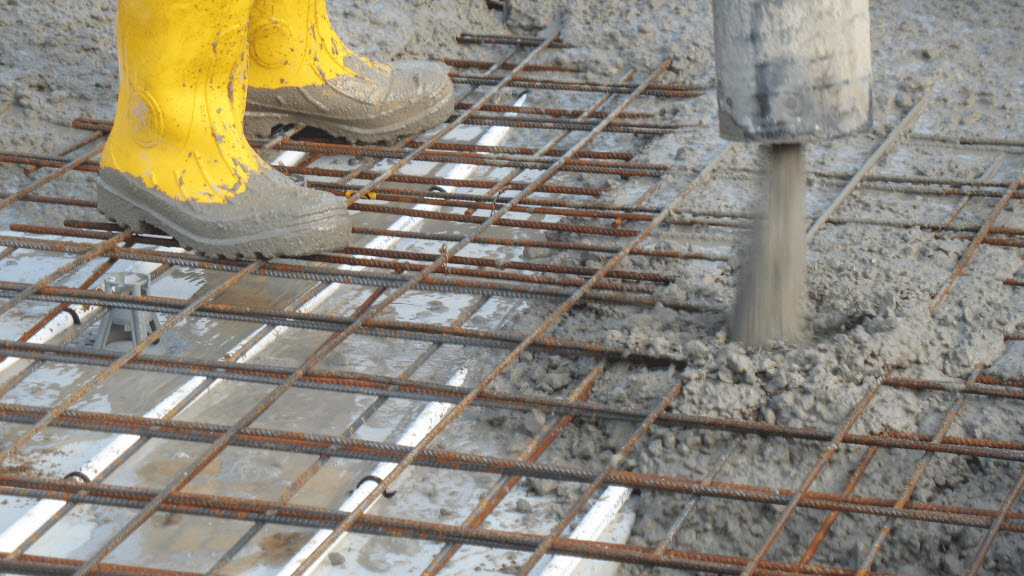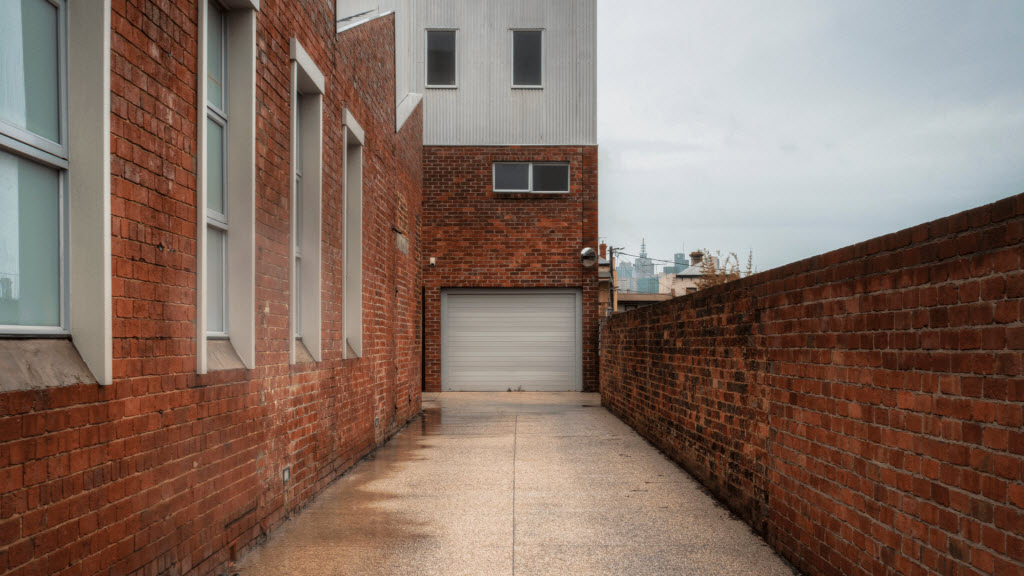st4 concrete
The structural slab forms an integral part the building. It supports the structure and provides stability. Without it, the building could collapse.
concrete flat work contractors
So why wait? ABC Stone has the perfect slab for you! Come visit us today. We guarantee you won’t be disappointed.
-A company which has been in operation for many years

The structural slab forms an integral part the building. It supports the structure and provides stability. Without it, the building could collapse.
These are some of the things to consider when hiring a driveway contractor.


Joe's Paving specializes in residential driveways. We understand that first impressions are important. Therefore, we will work with you to create a paved surface which enhances your home's curb appeal. We'll ensure it lasts for many years and can withstand all the elements.
Call us today if you're ready for a new driveway. We are happy to provide a free estimate.

-A company that uses high-quality materials

Concrete and cement are both construction materials that are used extensively around the world. They both have their own unique properties and uses, which is why they are often confused with one another.
Concrete is a mixture of cement, water, sand, and gravel. It is used in construction projects such as foundations, flooring, walls, and roads. The main advantage of concrete is that it is very strong and durable.
Cement, on the other hand, is a powder made from limestone and clay. It is mixed with water to make mortar or concrete. Cement is an essential ingredient in construction because it gives concrete its strength and durability.
If you use too much cement in concrete, it can adversely affect the strength and durability of the final product. The amount of cement in a concrete mix is typically expressed as a "cement to sand ratio" or a "cement to aggregates ratio". A higher-than-normal cement ratio means that there will be more cement paste surrounding the individual aggregate particles, which can make the concrete weaker and more susceptible to cracking. Conversely, using too little cement will also lead to substandard concrete; in this case, the mixture will be more likely to experience shrinkage cracking as it dries. It's therefore important to get your proportions right when making concrete, in order to ensure a high-quality final product.
The answer to this question depends on a few factors, including the type of concrete, the weather conditions during and after the pour, and the thickness of the reinforcing bars (rebar). In general, however, a minimum thickness of 4 inches is recommended.
If you are looking for a more specific answer, it is best to consult with a professional engineer.